CHICAGO, Ill., USA: In a recent study in the Journal of Periodontology, researchers have found that consumption of alcoholic beverages can have adverse effects on the health of a person’s gums, aggravating existing cases of severe periodontal disease or increasing periodontal disease risk factors. Moreover, previous research indicates that poor oral hygiene is a common trait in alcohol users, thus increasing drinkers’ susceptibility for developing periodontal disease.
“Although the topic of alcohol use and its effect on periodontal health requires further research, this report offers valuable insight on why our patients should care for their gums and teeth, especially if they enjoy the occasional drink,” said Joan Otomo-Corgel, DDS, MPH, president of the American Academy of Periodontology.
In the study, titled, “Alcohol Consumption and Periodontitis: Quantification of Periodontal Pathogens and Cytokines,” researchers assessed a sample of 542 regular alcohol users, occasional drinkers and non-drinkers both with and without periodontitis.
Some key findings noted in the study include:
- The severity of a regular alcohol user’s existing periodontitis correlated incrementally with the frequency of his or her alcohol consumption. As a result, these individuals were found to require additional periodontal treatment.
- Drinkers without periodontitis saw an increased incidence of gums that bled with gentle manipulation.
- More frequently than the non-drinkers in the study, drinkers who did not have periodontitis presented clinical attachment levels of four millimeters or greater.
- Drinkers without periodontitis exhibited a higher presence of plaque than their non-drinking counterparts. Study researchers noted that alcohol’s drying effect on the mouth may contribute to the formation of plaque that can trigger an inflammatory response in the gums.
“Alcohol slows the production of saliva, which helps neutralize the acids produced by plaque, and an accumulation of these acids can lead to the early stages of periodontal disease,” Otomo-Corgel said. “For patients who are diagnosed with periodontal disease, it’s imperative that they are encouraged to be completely honest about their drinking habits. This information can guide in determining appropriate treatment and next steps.”
A full version of “Alcohol Consumption and Periodontitis: Quantification of Periodontal Pathogens and Cytokines,” study can be found in an upcoming print edition of the Journal of Periodontology.
(Source: Journal of Periodontology)
SASKATOON, Canada: Oral health can dramatically influence overall health and quality of life. This is especially true for those with developmental ...
SAN FRANCISCO, US: Physical intimate partner violence (IPV) can be especially detrimental during pregnancy and is a significant public health issue, having ...
NEW YORK, N.Y., USA: The impact of oral disease on whole-body health and the changes to the practice of dentistry worldwide are the subjects of “The ...
Dental implants are usually needed when teeth are lost because of gum disease or injury to the soft tissues that support and protect the teeth. These same ...
ANN ARBOR, Mich., US: As the number of dental implants placed globally continues to rise, so too does the clinical significance of understanding ...
In an interview with Dental Tribune, Dr Emanuel Layliev, director of the New York Center for Cosmetic Dentistry, talks about his high-profile practice in ...
Chinese researchers have found that individuals with periodontal disease might be at an increased risk of developing lung cancer. The report, published ...
For pregnant women in the United States, the use of oral health services during pregnancy remains low, with fewer than 40 percent seeking preventive oral ...
The Internet age has dramatically altered communication patterns. Face-to-face interchanges continue to give way to digital message exchanges. Channels for ...
BUFFALO, N.Y., USA: Human Papilloma Virus (HPV), once almost exclusively associated with cancer of the cervix, is now linked to head and neck cancer. ...
Live webinar
Tue. 3 March 2026
11:00 AM EST (New York)
Dr. Omar Lugo Cirujano Maxilofacial
Live webinar
Tue. 3 March 2026
8:00 PM EST (New York)
Dr. Vasiliki Maseli DDS, MS, EdM
Live webinar
Wed. 4 March 2026
12:00 PM EST (New York)
Munther Sulieman LDS RCS (Eng) BDS (Lond) MSc PhD
Live webinar
Wed. 4 March 2026
1:00 PM EST (New York)
Live webinar
Fri. 6 March 2026
3:00 AM EST (New York)
Live webinar
Tue. 10 March 2026
4:00 AM EST (New York)
Assoc. Prof. Aaron Davis, Prof. Sarah Baker
Live webinar
Tue. 10 March 2026
8:00 PM EST (New York)
Dr. Vasiliki Maseli DDS, MS, EdM



 Austria / Österreich
Austria / Österreich
 Bosnia and Herzegovina / Босна и Херцеговина
Bosnia and Herzegovina / Босна и Херцеговина
 Bulgaria / България
Bulgaria / България
 Croatia / Hrvatska
Croatia / Hrvatska
 Czech Republic & Slovakia / Česká republika & Slovensko
Czech Republic & Slovakia / Česká republika & Slovensko
 France / France
France / France
 Germany / Deutschland
Germany / Deutschland
 Greece / ΕΛΛΑΔΑ
Greece / ΕΛΛΑΔΑ
 Hungary / Hungary
Hungary / Hungary
 Italy / Italia
Italy / Italia
 Netherlands / Nederland
Netherlands / Nederland
 Nordic / Nordic
Nordic / Nordic
 Poland / Polska
Poland / Polska
 Portugal / Portugal
Portugal / Portugal
 Romania & Moldova / România & Moldova
Romania & Moldova / România & Moldova
 Slovenia / Slovenija
Slovenia / Slovenija
 Serbia & Montenegro / Србија и Црна Гора
Serbia & Montenegro / Србија и Црна Гора
 Spain / España
Spain / España
 Switzerland / Schweiz
Switzerland / Schweiz
 Turkey / Türkiye
Turkey / Türkiye
 UK & Ireland / UK & Ireland
UK & Ireland / UK & Ireland
 International / International
International / International
 Brazil / Brasil
Brazil / Brasil
 Canada / Canada
Canada / Canada
 Latin America / Latinoamérica
Latin America / Latinoamérica
 China / 中国
China / 中国
 India / भारत गणराज्य
India / भारत गणराज्य
 Pakistan / Pākistān
Pakistan / Pākistān
 Vietnam / Việt Nam
Vietnam / Việt Nam
 ASEAN / ASEAN
ASEAN / ASEAN
 Israel / מְדִינַת יִשְׂרָאֵל
Israel / מְדִינַת יִשְׂרָאֵל
 Algeria, Morocco & Tunisia / الجزائر والمغرب وتونس
Algeria, Morocco & Tunisia / الجزائر والمغرب وتونس
 Middle East / Middle East
Middle East / Middle East




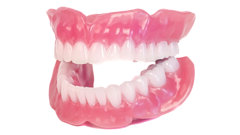





























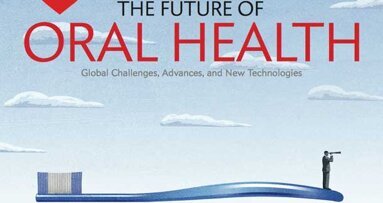
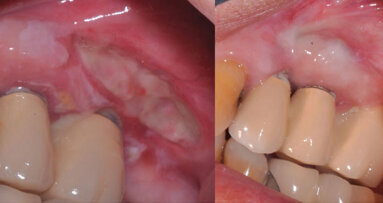
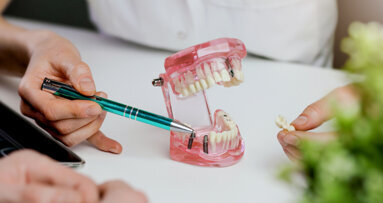


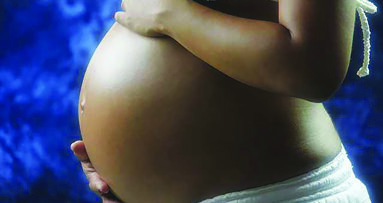
















To post a reply please login or register